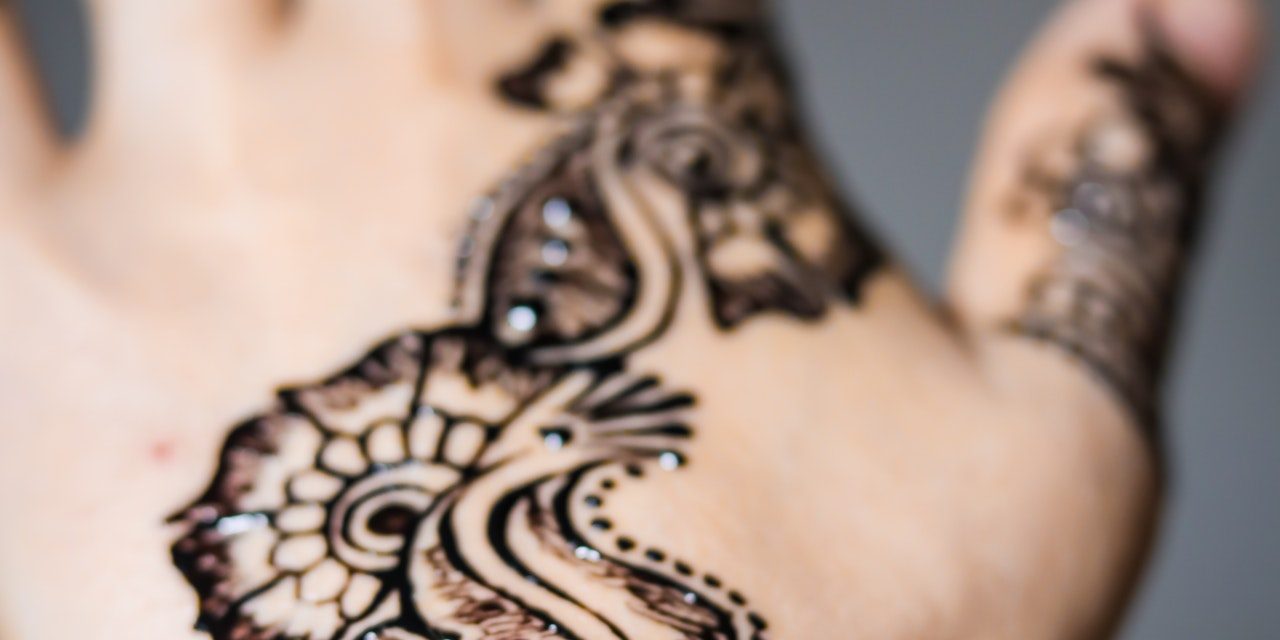The concept of whether black henna is considered halal or permissible in Islam can vary depending on different interpretations and cultural practices. However, it’s important to note that black henna often refers to henna that contains the chemical additive para-phenylenediamine (PPD), which can cause allergic reactions and skin irritation. The use of PPD in henna is generally discouraged, as it is known to be potentially harmful.
In Islamic teachings, it is generally recommended to avoid substances that may cause harm or have adverse effects on health. Therefore, it is advisable to opt for natural and pure henna, which does not contain any additives or chemicals, instead of black henna.
If you are looking to use henna for religious or cultural purposes, it is best to choose high-quality, natural henna that is free from any harmful additives. It’s important to read ingredient labels and consult with knowledgeable individuals or scholars who can provide guidance based on Islamic principles and local customs.
Ultimately, the decision regarding the use of black henna or any henna product should be based on your personal beliefs, values, and considerations of safety and health.





